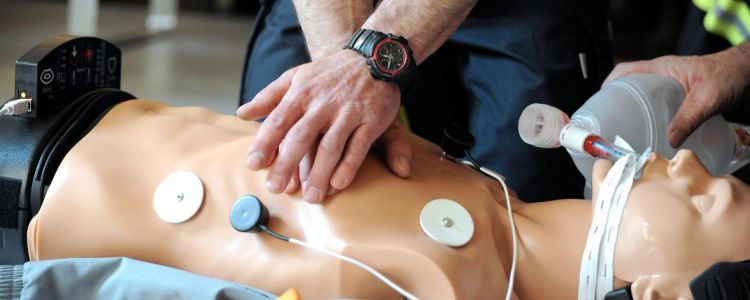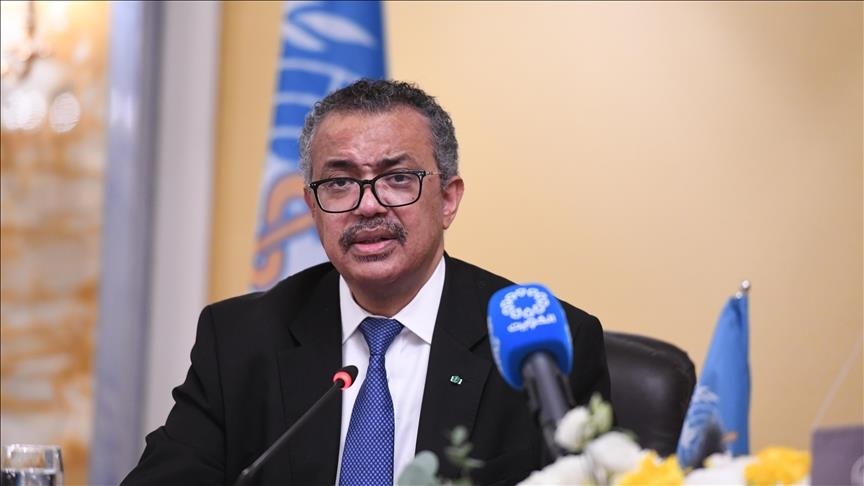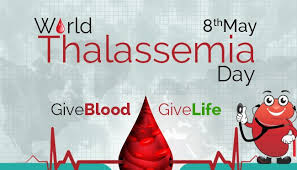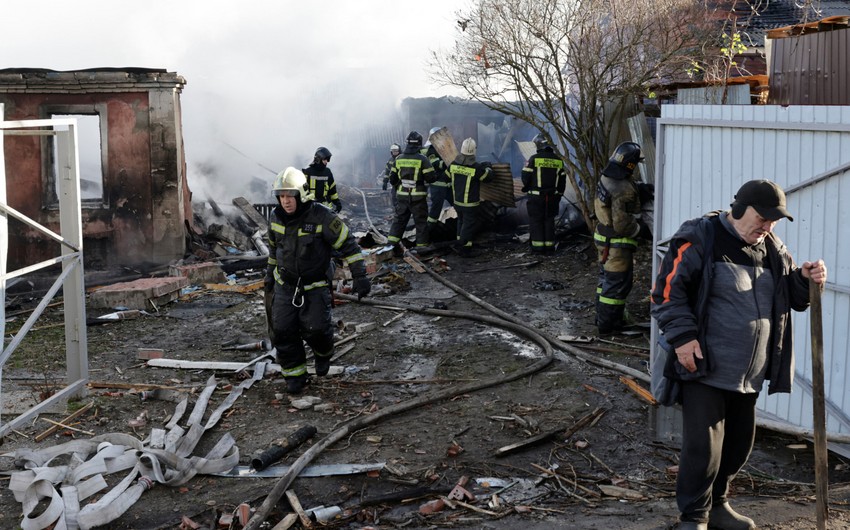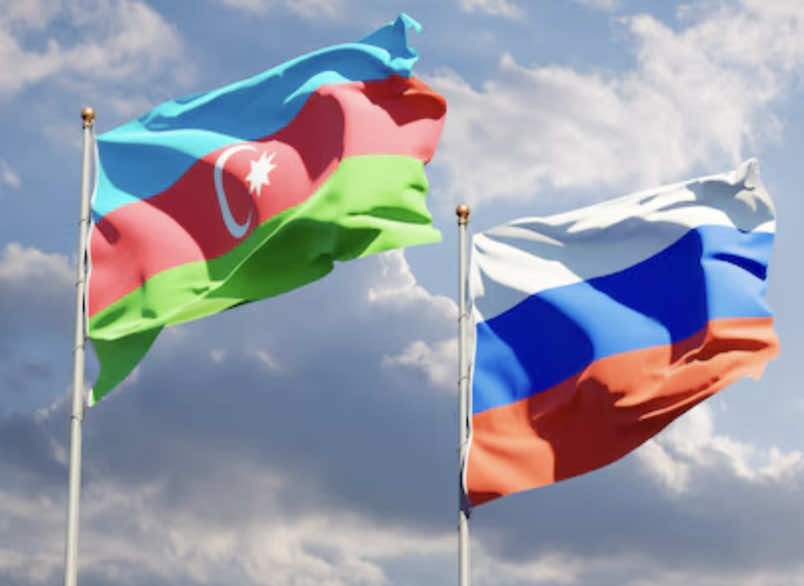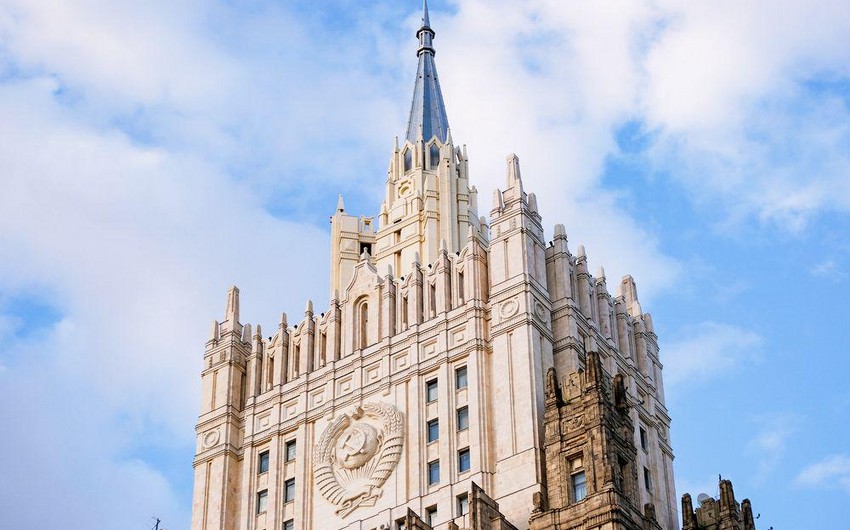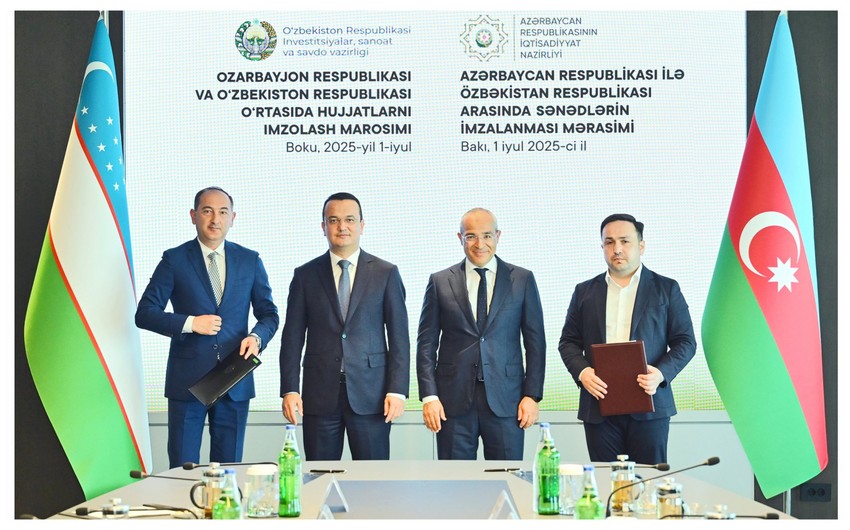Getting first aid right can mean the difference between life and death. But as we learn more about the human body and how it responds, over the years the advice gradually changes – meaning that in some cases, what we learned in the past is out of date.
Here are some of the most common myths about first aid… and what you should do instead.
MYTH 1: Put butter on a burn
This is a folk remedy that’s been around for centuries. It even was recommended by the man widely credited with the invention of first aid, the Prussian surgeon General Friedrich Von Esmarch.
Any new burn that’s exposed to the air is incredibly painful. Covering it with a cool substance such as butter will slightly ease the agony for a time. But the pain will soon return – and sealing off the air before the burn has cooled can keep the heat in, meaning the skin continues to burn.
For most burns, the general advice instead is to remove any clothing and jewellery touching the burn, then to run your burn under the tap for a lot longer than you think – at least 20 minutes. This prevents the skin from continuing to burn, as well as helping to numb the area.

Once the burn is thoroughly cooled you can cover it up with a clean cloth or cling film or a plastic bag to prevent it from becoming infected.
There’s just one situation where butter on a burn can be useful: if you get hot tar on your skin. The fattiness of the butter can help to remove it, reducing the pain.
MYTH 2: Giving chest compressions to someone who doesn’t need them can cause more harm than good
If someone has a cardiac arrest, the biggest predictor of their survival is whether or not someone gives them cardio-pulmonary resuscitation (CPR) before medical help arrives.
If you go on a first aid course, you learn to watch the chest and put your head to person’s close to listen for breaths. If there’s no sign that the person is breathing, you should call emergency services and begin CPR.
First aid instructors also tell you that even if you’re not sure the person is breathing normally, you should again proceed with CPR anyway.
Although this is the advice, many people are reluctant to give CPR because they fear doing more harm than good.

A study conducted in Yokohama, Japan’s second largest city, followed up cases where bystanders gave CPR in order to discover whether unnecessary CPR might have put patients at greater risk. During the study, bystanders had performed CPR on 910 patients. Of these only 26 had not, in fact, had a cardiac arrest. And of those 26, CPR only caused complications in three cases. This included a minor rib fracture, but none of the complications were serious.
The authors conclude that members of the public should not be afraid to give CPR even if they’re not certain what’s happening. They could save a life.
MYTH 3: To do CPR properly, you need to give mouth-to-mouth as well as doing chest compressions
The guidelines on this have changed a lot in the past decade. Standard CPR used to involve alternating 15 fast-paced compressions with two breaths into the patient’s mouth. Then it was found that giving two breaths after every 30 compressions was just as effective. This became the standard advice.
Next came the idea of doing CPR without giving any breaths at all. This results in fewer pauses and allows more opportunity for the compressions to keep blood flowing to the brain. Although the blood may not be fully aerated, at least it gets to the brain quickly. Three randomised controlled trials comparing the methods found only marginal differences between the two methods.
But when the results from these studies were combined and re-analysed, there was a 22% improvement in survival rates if bystanders – who were doing CPR with guidance on the phone from ambulance dispatchers – gave compression alone.
These results do not apply to children or to cases of near-drowning, where breaths are still recommended.

The finding that CPR without mouth-to-mouth is slightly more effective is good news in two ways. First, any improvement in survival rates is of course of a good thing. But second, it might encourage more people to have a go. After all, the easier the guidelines are to remember, the more likely people are to try. There even are games you can play to teach you how to do it.
Also, many people are reluctant to do mouth-to-mouth resuscitation on a stranger.
But still not everyone is prepared to give chest compressions. Research presented at the American Heart Association’s Scientific Sessions in 2017 revealed that some bystanders seem to be wary of touching women’s chests. Audrey Blewer studied almost 20,000 cases of cardiac arrest and found that 45% of men received CPR from bystanders – compared with 39% of women.
MYTH 4: You shouldn’t shock someone with a defibrillator unless you are certain their heart has stopped
This is a major myth. After all, defibrillators, often kept in public places like railway stations, are designed for anyone to use. You don’t have to work out for yourself whether the person who’s collapsed would benefit from electric shocks to startle the heart into rhythm: the machine itself can assess what’s needed. If shocks aren’t necessary, it won’t give them.

US research has shown that survival rates double if a public access defibrillator is used rather than CPR alone. But their use outside hospitals is very low. People seem reluctant to use them. Christopher Smith from Warwick Medical School published research in 2017 showing that many members of the public didn’t know what the machines were, where to find them or how to use them. He told me that some people are afraid of using them in case they do more harm than good.
MYTH 5: Tilt the head backwards to stop a nosebleed
This is very old advice – but can result in a person swallowing their blood into their stomachs or even choking on it, all while continuing to bleed. Instead the best way to stem the bleeding is to apply pressure by pinching the soft part of the nose and leaning forwards for 10 minutes. If bleeding hasn’t stopped after half an hour, seek medical advice.
Disclaimer
All content within this column is provided for general information only, and should not be treated as a substitute for the medical advice of your own doctor or any other health care professional. The BBC is not responsible or liable for any diagnosis made by a user based on the content of this site. The BBC is not liable for the contents of any external internet sites listed, nor does it endorse any commercial product or service mentioned or advised on any of the sites. Always consult your own GP if you're in any way concerned about your health.

